SUMMARY
This is AI generated summarization, which may have errors. For context, always refer to the full article.
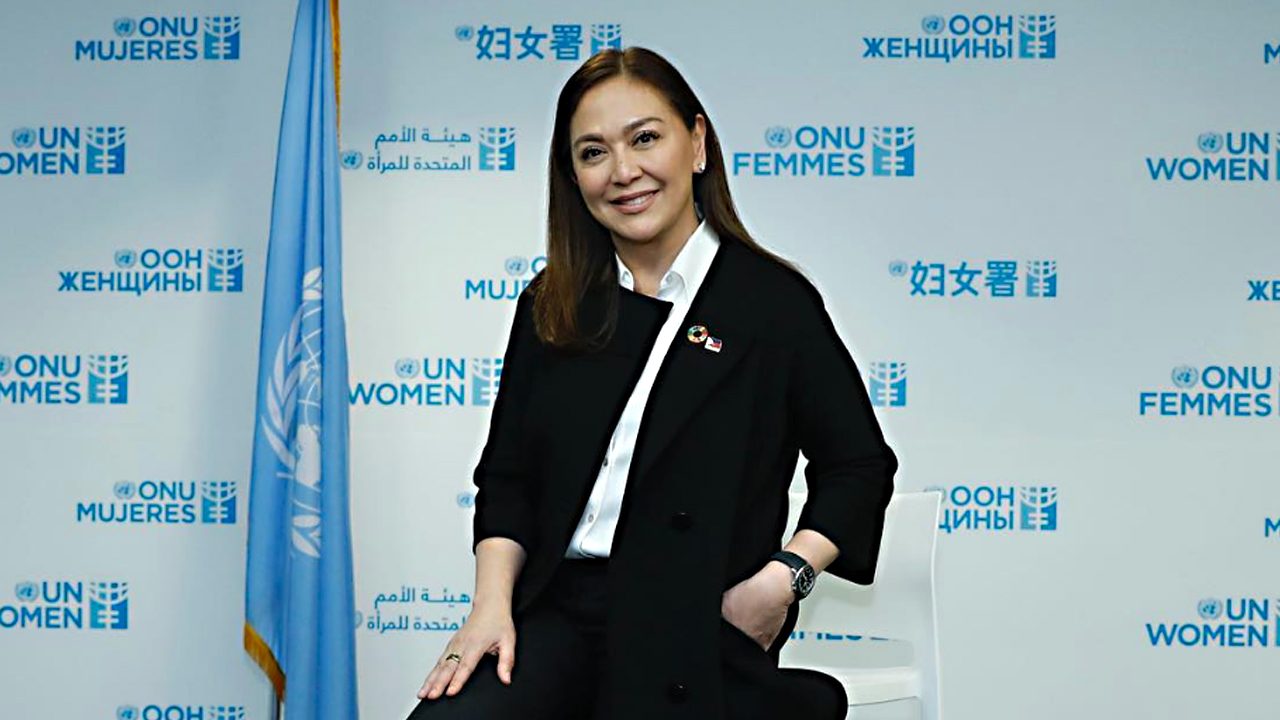
MANILA, Philippines – Journalists are not always seen campaigning for certain causes on the ground. They follow issues, and interview advocates who tell their stories. As journalists need to stay objective about the matters they cover, a common notion is to think that they must be neutral or detached.
Such is not the case for veteran broadcast journalist Karen Davila, as she takes on her new role as the first United Nations (UN) Women Philippines Goodwill Ambassador.
For ABS-CBN News anchor Davila, journalists are advocates, too. Davila has expanded her platforms to “use them for something positive,” and one of the ways is by living out her role in promoting gender equality.
“The television industry used to be the gatekeepers of information. Not anymore,” she said.
“As journalists, we are called to be truthful, balanced, and fair, not oblivious or heartless. In the heart of every journalist lies an advocate within. One cannot be a journalist without advocating for something – we advocate for human rights, the right to free speech, the right for freedom and our civil liberties. It is no different than advocating for gender equality or let’s say, narrowing the pay gap between men and women,” Davila said in an email to Rappler.
Formally introduced with her role in a UN Women event on January 18, Davila is ready to take on the job not as a mere name or face but as a working ambassador.
From volunteer to ambassador
Davila’s volunteerism stretches back by at least a decade. She was an ambassador for nongovernmental organizations Habitat for Humanity and Worldvision for around 10 to 13 years. Now 53, Davila said she feels “at best” with UN Women.
She first volunteered for UN Women Philippines in 2020, helping to raise funds for victims of Typhoon Ulysses. They concentrated on families in Tanay, Rizal, particularly with mothers, in a program called Agapay Nanay.
Agapay Nanay focused on gender-sensitive assistance, which meant there was priority on providing for the specific needs of women in times of crisis.
Davila also led a gender-based violence campaign with the United States Agency for International Development, and learned more about the UN Sustainable Development Goals (SDGs).
When Davila first volunteered for UN Women, the organization had yet to name a Goodwill Ambassador from the Philippines. Rosalyn Mesina, UN Women’s country program coordinator in the Philippines, sent a list of names to the UN Women’s headquarters in New York.
For three years, Davila heard nothing of it. But one day in August 2023, she received an email from the organization’s regional office in Asia and the Pacific, appointing her as the first Goodwill Ambassador from the Philippines.
“I manifested it, but after some time, didn’t hope for it. The appointment really came as a wonderful surprise. A blessing! I have always been a volunteer and an advocate – it’s in my DNA – perhaps it’s also years of covering social issues and writing documentaries,” she said.
In the months following her appointment, Davila actively used her social media platforms to spread awareness about women’s rights and protection against gender-based violence.
Hitting the ground running
As Goodwill Ambassador, Davila’s primary role is to push for work towards gender equality and the empowerment of women and girls, with the goal of accelerating the UN’s 2030 Agenda for Sustainable Development. SDG 5 is gender equality.
In the Philippines, women remain underrepresented in the STEM (science, technology, engineering, and mathematics) fields. According to a 2023 LinkedIn report, just 3 in 10 of the STEM workforce in the Philippines are women, rendering the STEM gender gap the widest in the Asia Pacific.
According to Davila, this is not because women can’t do the jobs or that they’re not interested in STEM.
“It’s because there aren’t many women role models to take on, and industry-wise, there’s a bias against women. There’s a lack of representation. It’s been proven that men in STEM get the better positions and are paid better. So many women feel there may not be a place in it for them,” she said.
One of Davila’s first projects as Goodwill Ambassador is the SHE stems Scholarship Awards, where outstanding female STEM students will be awarded at least P120,000 each annually until college graduation.
Davila said that for the first year, UN Women will be awarding 10 to 12 college students in need with a minimum grade point average of 1.75 to help them finish their studies in STEM. The organization has initially partnered with the University of the Philippines Diliman to help find scholars from Luzon, Visayas, and Mindanao. The goal is to partner with more state universities and colleges.
Apart from the P120,000-per-year grant, the scholarship also seeks to connect young women to mentors to help create more opportunities for women in STEM.
Other projects Davila is beginning to work on are the UN Women Mentoring and Leadership program, which focuses on training women outside the capital region, as well as a women’s economic empowerment training center, which serves as a platform to showcase women’s skills and creations.
“There’s just a lot to be excited about. There is so much in this space worth fighting for. The gender pay gap. Having more women at the decision-making table. Breaking stereotypes of women in certain careers. These are just some,” she said.
The road ahead
In the World Economic Forum’s Global Gender Gap Index report for 2023, the Philippines improved slightly in gender equality, advancing three spots to the 16th rank among 146 countries.
The report deems the Philippines the most gender-equal country in Asia. But in reality, many issues affecting women persist. The UN Development Programme’s Gender Social Norms Index found that almost all Filipinos held biases against women, including women themselves.
For Davila, the country has strong laws that advocate for gender equality, but implementation remains lacking.
“We’re also fighting against culture and religion on several fronts. When former president [Rodrigo] Duterte came into power, he normalized rape jokes, insulting and belittling women – that was such a low point. We accepted it as cultural, and that should never happen again,” she said.
The work towards gender equality lies in everyone’s hands. Davila said that people can help stop biases against women and boost their empowerment by checking their own contexts and communities.
“For example, in a panel – how many women do you have? On the board of your company, how many women sit on it? In Cabinet positions – how many women have been appointed? We need to normalize having more women in power,” she said.
“Women shouldn’t be the exception, but the norm.” – Rappler.com
Add a comment
How does this make you feel?
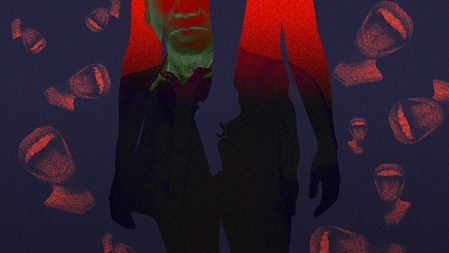

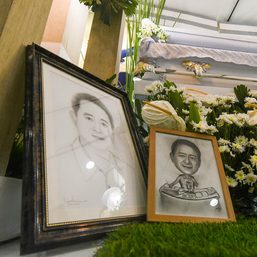
![[OPINION] You don’t always need a journalism degree to be a journalist](https://www.rappler.com/tachyon/2024/06/jed-harme-fellowship-essay-june-19-2024.jpg?resize=257%2C257&crop=287px%2C0px%2C720px%2C720px)


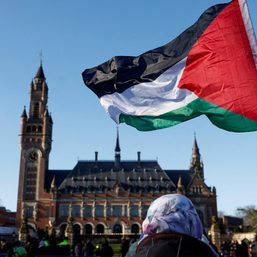




![[OPINION] Unpaid care work by women is a public concern](https://www.rappler.com/tachyon/2024/07/20240725-unpaid-care-work-public-concern.jpg?resize=257%2C257&crop_strategy=attention)




![[DECODED] The Philippines and Brazil have a lot in common. Online toxicity is one.](https://www.rappler.com/tachyon/2024/07/misogyny-tech-carousel-revised-decoded-july-2024.jpg?resize=257%2C257&crop_strategy=attention)

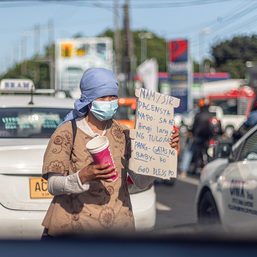
![[OPINION] Why women seek divorce](https://www.rappler.com/tachyon/2024/06/TL-women-seeking-divorce-june-14-2024.jpg?resize=257%2C257&crop_strategy=attention)
There are no comments yet. Add your comment to start the conversation.